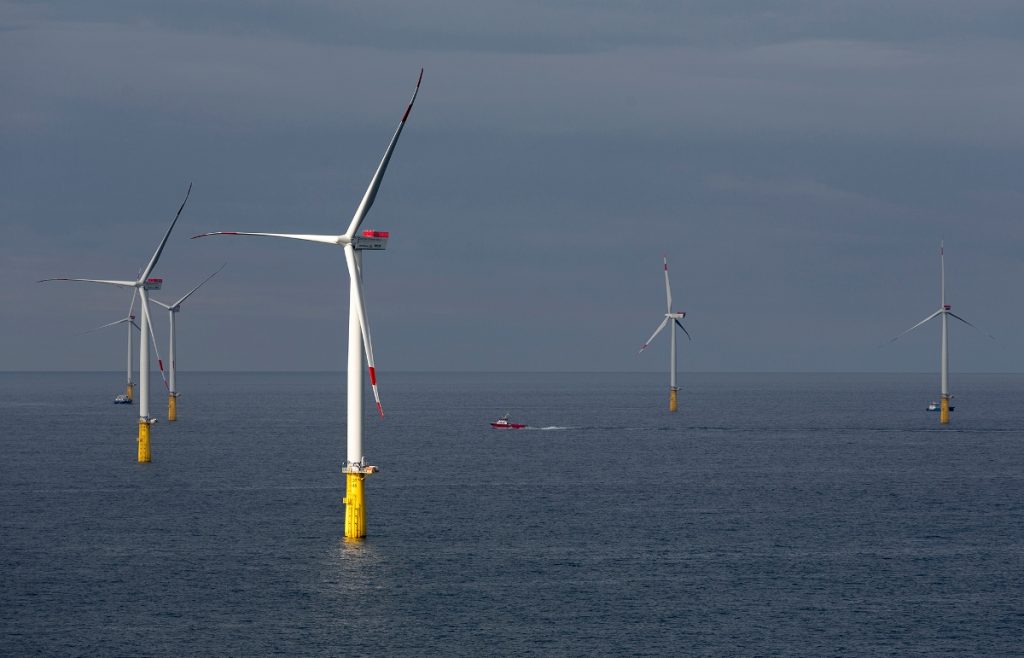CSM Energy, part of the Columbia Group, and Hydrus Engineering have entered into a partnership to assess and retrofit offshore support vessels (OSVs) working in the offshore wind industry to turn them into hybrid vessels powered by both battery and fuel.
“The offshore wind market is driven by moving away from fossil fuels and, as such, the green profile of the stakeholders involved is critical”, said Lambros Nakos, Partner at Hydrus Engineering.
Demand for OSVs is expected to grow with the growing investment in offshore wind, after the market saw an oversupply of vessels and the declining need for oil in the recent years, according to the new partners.
Retrofitting existing vessels will be far quicker and much more cost-effective than building greener OSVs from scratch, CSM and Hydrus Engineering said in a joint statement.
“Building new vessels with a substantial or even an all-green profile will be significantly expensive and take several years before they are ready for service”, said Kyriakos Tsangaris, Technical Director at CSM Energy.
Hydrus Engineering’s Lambros Nakos said that the current order book for new OSVs declined since 2016, with fewer than 50 vessels ordered since the beginning of 2020. Since the existing offshore support vessels will be in operation for another 25 years, retrofitting them is the best option for ensuring they are eco-friendly.
CSM Energy and Hydrus plan to perform the full range of services revolving around making the OSVs greener, including a feasibility assessment, pre-financing evaluation, budgeting and procurement control, engineering, retrofitting, supervision and commissioning.
OSV providers in the offshore wind sector have increased their efforts to decarbonise the existing vessels and thus the operations on offshore wind farms.
In May, Seacat Services reported that its Seacat Enerprise vessel had completed its first operational assignments at the Triton Knoll offshore wind farm using Hydrogenated Vegetable Oil (HVO) fuel HVO30.
The following month, ScottishPower Renewables launched a pilot project to reduce its carbon emissions on the East Anglia ONE offshore wind farm by powering two crew transfer vessels (CTVs) provided by NR Marine Services with HVO30 fuel.
Source: Offshore Energy






